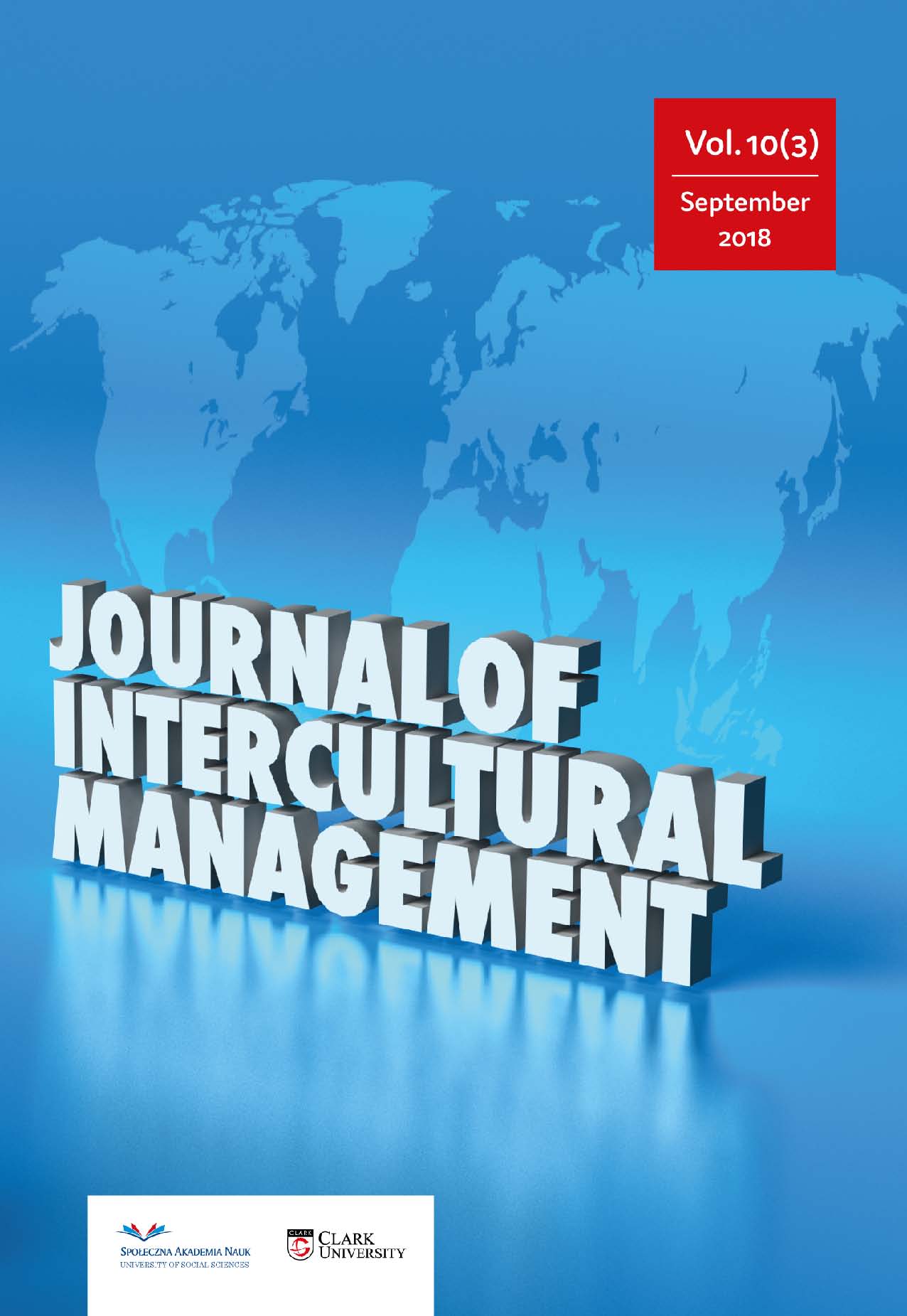The Impact of ESG Investment, How Company and University can Collaborate to Realize It with Local Innovation
The Impact of ESG Investment, How Company and University can Collaborate to Realize It with Local Innovation
Author(s): Maurizio PuzzoniaSubject(s): Politics, Education, Business Economy / Management, Socio-Economic Research
Published by: Społeczna Akademia Nauk
Keywords: University; Ethic; Companies; Social Territory; Shared Hub; Business Relations; Startup; Innovation; ESG; Environmental; Governance; Investment
Summary/Abstract: Objective: The World Commission on the Environment and Development defines as sustainable development that which can satisfy “the needs of the present without compromising the possibility of future generations to satisfy their own”. The attention to the issues of the environment, of the circular economy, of the ageing of the population is becoming a way to attract the curiosity and then the interest of the consumers with more and more awareness. Socially responsible finance is no longer a niche issue, so investing an ethical model must become a standard for both international and territorial realities. Methodology: The “myth” of low yields would seem debunked, because the companies that introduce Social, Environmental and Governance criteria have an excellent reputation and do not aim to opportunistic gains in the short, but sustainable results in the long run. An undeniable advantage for all the stakeholders and for the planet itself needs to be added; human resources valorization, equal opportunities, efficient exploitation of natural resources and reduction of pollution produced are just some of the positive results deriving from this new business philosophy. For this reason a new obligation on the commitment of the companies regarding the environment is needed, while for all the corporate summits bonuses and compensations must be rethought according to the objectives of environmental and social sustainability. In the past such commitments were considered by large companies as a further cost, and nowadays they are increasingly becoming an opportunity that even the small economic realities on a territorial level cannot afford to lose. Starting a dialogue, not only with the traditional stakeholders (such as customers and suppliers) direct users of the product value, but especially with the territory given the social impacts deriving from the economic activity on people is necessary. In this respect, it would be particularly fruitful, from the point of view of innovation and growth, to create relations with the institution traditionally identified as the depositary of research itself, that is the University. Findings: ESG (Environmental, Social and Governance) is an acronym that indicates the commitment of companies to the environment, sociability and respect for diversity. These criteria are destined to become, in the near future, one of the most important factors of business success, of investments discrimination, of orientation for big funds policies and of reputation for entrepreneurs and managers. Environmental and Social criteria relate to the real consumption of limited natural resources by an economic activity, and to what it then returns in terms of goods and services to the reference communities. The term Governance means the way in which an enterprise is managed, the relationships that are set up with the employees and the methods of remuneration for the top management. Thus, the ESG index is potentially able to reveal whether an economic activity is sustainable in the medium or long term beyond the financial variables. But how is possible to transpose these values on a territory level? Value Added: We have to look to those who are responsible for the innovation and development of that local reality. Unfortunately, the panorama of business, university and public collaboration is still jagged for a deep lack of relations between these different actors. At the same time, technological evolution imposes increasingly tighter rhythms to innovation, forcing companies to find out the R&D function by drawing on university research or acquiring from innovative start-ups. These new companies, often born as university spin-offs, however, encounter many difficulties of development related to the scarcity of capital and therefore to the impossibility of embedding the value created within a patent. It is therefore appropriate that the two main operators of this market, universities and companies, find a way to communicate and collaborate on a common project, creating value and bringing welfare not only to their respective realities, but also to the whole community of the territory interested in the sign of ESG ethic. Recommendations: For this reason it is important to take part in the projects in ethical ESG companies that, relating to the university and the territory, can guide innovation towards a horizon of welfare distributable among all stakeholders. A meeting point between all interests in the game could be a shared Hub where, through a contract, the modalities of collaboration will be established and the common objectives pursued; in this way the university will have the funds for the research, the enterprise – a targeted innovation for its purposes and the territory for new employment possibilities for the workers of the sector.
Journal: Journal of Intercultural Management
- Issue Year: 10/2018
- Issue No: 3
- Page Range: 171-194
- Page Count: 24
- Language: English

